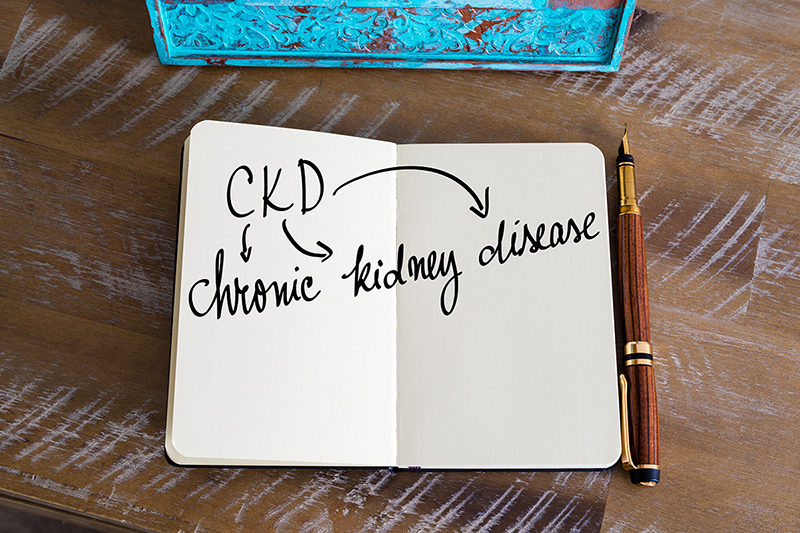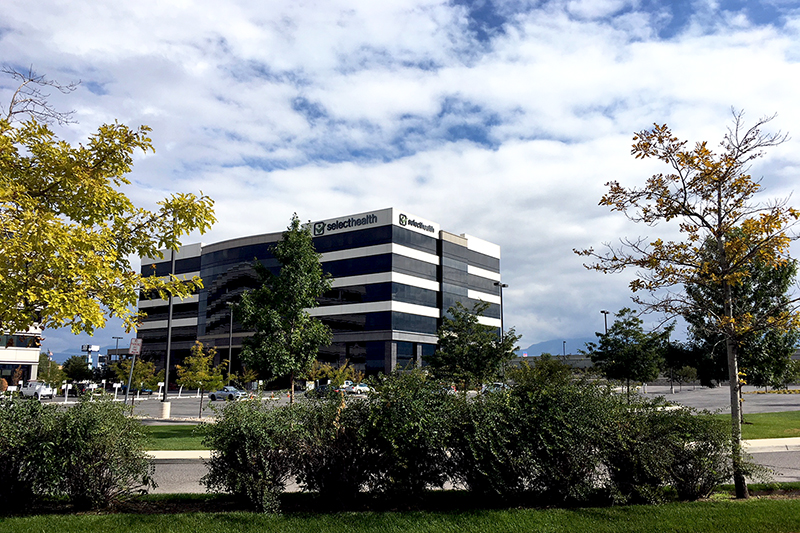Kidney Health: Medication Management and Diet
Learn how medications and your diet can impact your kidney health.

If you’ve been diagnosed with Chronic Kidney Disease (CKD), your kidneys are not functioning like they should. Having an overall plan of care and being proactive about your kidney health can help slow progression.
Help your kidneys function by taking your medications as prescribed and following a kidney-friendly diet that will alleviate additional stress on your kidneys.
Related: Kidney Health: Learning the Basics
Know your medications
While there is currently no medication that will reverse kidney damage, your doctor may prescribe medications like ACE inhibitors to slow kidney damage. Certain over-the-counter medications may damage your kidneys and can interfere with blood pressure medications.Because medications are filtered by the liver or the kidneys, it’s useful to know what medications require kidney clearance. Individuals with CKD should avoid Non-steroidal anti-inflammatory drugs (NSAIDS), like ibuprofen and naproxen, and other medications like antacids and supplements because they can add stress to your kidneys. Talk to your doctor about any medication you are currently taking and before starting a new medication or supplement.
It’s important to know your kidney function level like an eGFR measurement, which measures the amount of waste your kidneys are filtering out. This test will help you and your doctor manage your medications. Your level of kidney function impacts the dosage and medication type that you are prescribed.
Related: 5 Tips for Taking Over-the-Counter Medicine Safely
Engage in your diet
Healthy kidneys adjust the levels of protein, sodium, potassium, calcium, and phosphorous in your blood. Depending on the needs of your body, kidneys adjust how much is filtered to keep the concentration in your blood at a healthy level.
If you have kidney disease, your kidneys may not be able to perform this task. To help your kidneys, you may need to consider making changes to your diet and limiting the intake of protein, sodium, potassium, and phosphorous.
Protein
Protein maintains your strength, builds muscle, and helps fight infection. Having too much protein can cause waste to build up in your blood because your kidneys are unable to filter it out.
Sodium
Reducing sodium in your diet can help control blood pressure and reduce swelling and fluid retention. Having too much sodium can cause high blood pressure, heart disease, fluid buildup, and swelling.
Potassium
Your body needs potassium to keep your muscles and heart beating normally, but too much potassium can be dangerous. Large amounts of potassium can impact the way your heart beats and create irregularities, chest pain, and trouble breathing. Certain medications can raise potassium intake.
Phosphorus
Phosphorus builds bone and teeth and provides energy. As your kidney function lowers, too much phosphorus can actually make your bones weaker.
Ask your doctor about meeting with a renal dietitian to discuss your diet and any improvements you can make, based on your lab results.
When it comes to managing chronic kidney disease, understanding your medication and diet are crucial to slowing disease progression. Keeping everyone informed about your kidney disease, medications, and diet helps your doctors and loved ones take better care of you.
Select Health identifies many of the drugs in this article by their respective trademarks, but Select Health does not own those trademarks; the manufacturer or supplier of each drug owns the drug’s trademark. By using these trademarks, Select Health does not endorse or sponsor any drug, manufacturer, or supplier. And these manufacturers and suppliers do not endorse or sponsor any Select Health service or plan and are not affiliated with Select Health.




